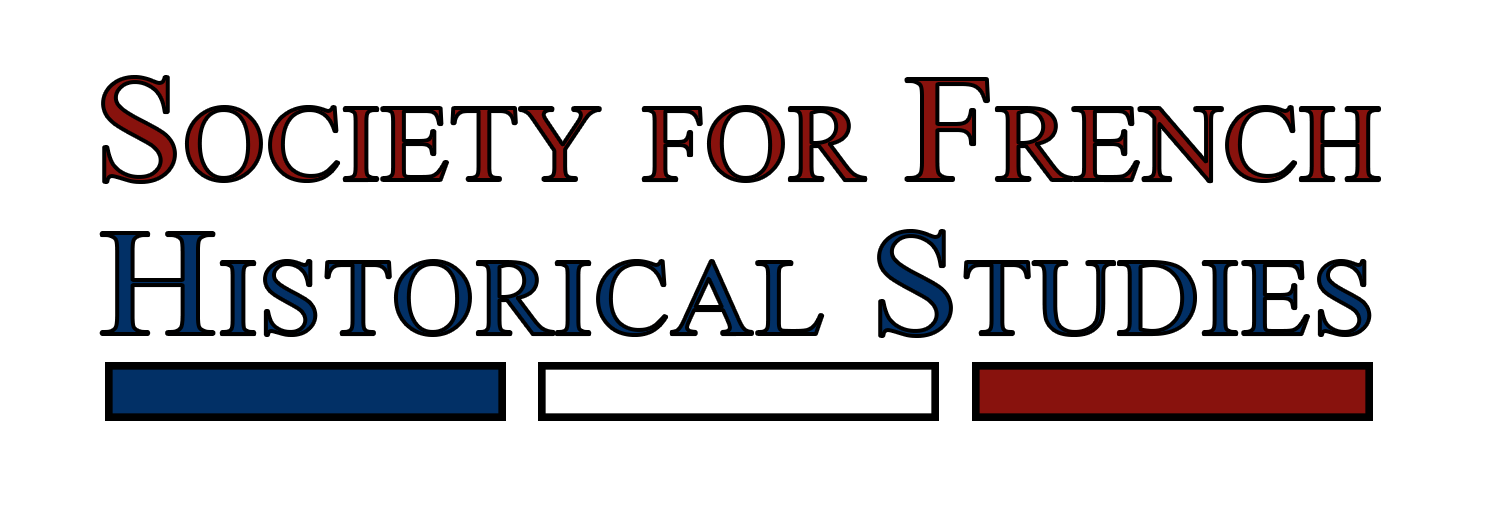Harmon Chadbourn Rorison (1893-1976)
Harmon Chadbourn Rorison grew up in Wilmington, North Carolina and attended both the University of Virginia and the University of Georgia, where he received a Bachelor of Law degree (1916). He joined the United States army in 1917, trained as an aviator, and went to Europe as a pilot in the aviation section of the Signal Corps during the First World War. He received the Distinguished Service Cross for his high-risk combat actions in France.
After the war ended on the Western front, Rorison joined a squadron of American pilots in Poland that supported the anti-Bolshevik Poles in the Russo-Polish War (1919-1921). The American aviators were known as the Kosciusko Aerial Squadron because they wanted to honor Thaddeus Kosciuszko’s service in the Continental Army during America’s Revolutionary War. Rorison was wounded in Poland, so he returned to the United States in 1920. He later received the Polish Medal of Honor at the new Polish nation’s embassy in Washington, D.C.
Twice decorated for his valor as an aviator in Europe, Rorison settled again in Wilmington, North Carolina. He worked at various banks during the 1930s before taking a leave of absence to serve in the Second World War as a volunteer ambulance driver for the First French Army. He eventually returned to leadership positions in Wilmington’s Security National Bank and remained active in civic organizations until the last year of his life in 1976.
His daughter, Mary Ann Caws, became a distinguished scholar in French literary studies at the Graduate Center of the City University of New York. Professor Caws is a leading authority on the history of French Surrealism and Dadaism, and she has published more than thirty books on modern French and European literature. She established the Herman Chadbourn Rorison Fellowship at the Institut Français d’Amerique (IFA) to honor her father’s military service in France and his lifelong interest in French culture.
The Rorison fellowship is awarded every other year as an affirmation of the IFA’s longstanding interest in people and events that have contributed to French-American relations. Equally important, it carries the legacy of a North Carolinian whose wartime experiences in Europe helped to inspire his daughter’s remarkable knowledge, analysis, and interpretations of twentieth century French cultural and literary studies.
Lloyd S. Kramer
University of North Carolina, Chapel Hill

